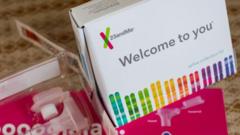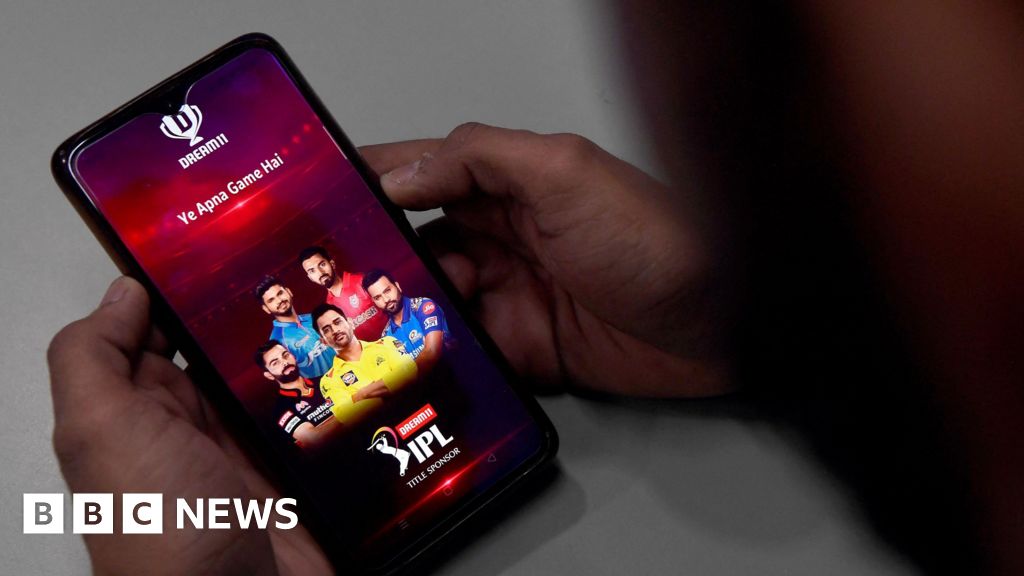In a stunning development, 23andMe, the well-known DNA testing company, has filed for bankruptcy protection, marking a significant downturn for a firm that once enjoyed a market value peaking at $6 billion. Alongside the bankruptcy filing, co-founder and CEO Anne Wojcicki has stepped down, with the company's finance chief, Joe Selsavage, stepping in as interim CEO.
The court-supervised sale process will allow 23andMe to continue operations; however, consumer apprehension mounts. The California Attorney General issued a consumer alert, advising customers to delete their data from the site due to the company's financial instability, a move that represents widespread concern after a recent data breach compromised the privacy of approximately seven million customers.
Founded in 2006, 23andMe made waves in the tech world with its saliva-based test kits, quickly gaining popularity among both consumers and investors alike. Yet, despite going public in 2021, the company never managed to turn a profit, and a recent attempt to pivot to a subscription model failed to win over users.
The company has also faced significant challenges following a data breach that exposed sensitive customer information, although DNA records were not part of the stolen data. The fallout included a settlement related to the breach and substantial layoffs, significantly downsizing the workforce.
In a statement following the bankruptcy news, chair of the board Mark Jensen reassured customers of their commitment to safeguarding data and transparency, emphasizing that these factors will play a crucial role in any potential sale transaction. However, experts have cautioned that users may still be left uncertain about what would happen to the DNA data they entrusted to 23andMe, especially in light of varying data protection laws governing genetic information.
Insights from privacy advocate Prof. Carissa Veliz underscore the gravity of these concerns: "If you gave your data to 23andMe, you also gave the genetic data of your parents, your siblings, your children, and even distant kin who did not consent to that." As the situation unfolds, customers grapple with the implications of their shared genetic information in the wake of 23andMe's precarious financial state.




















